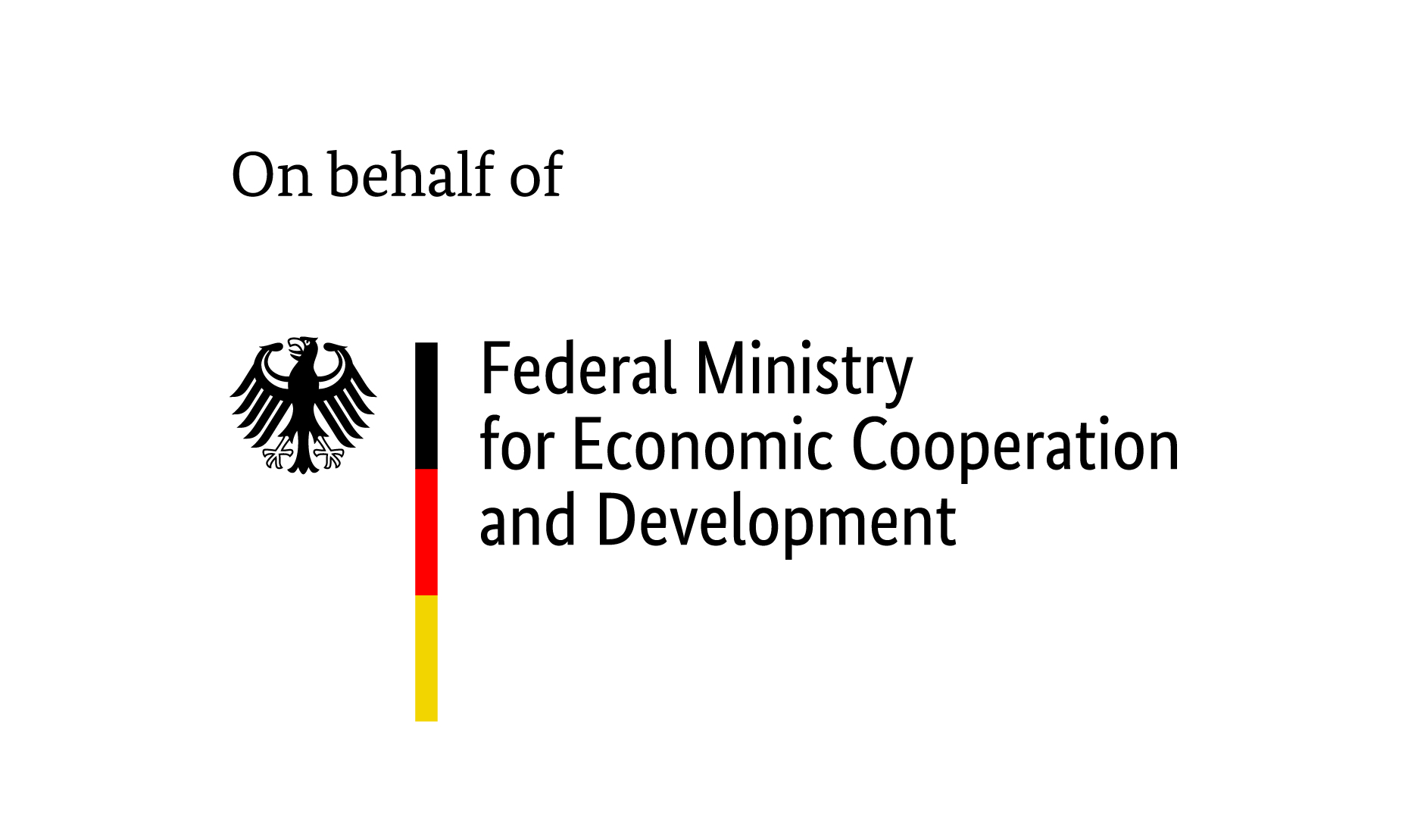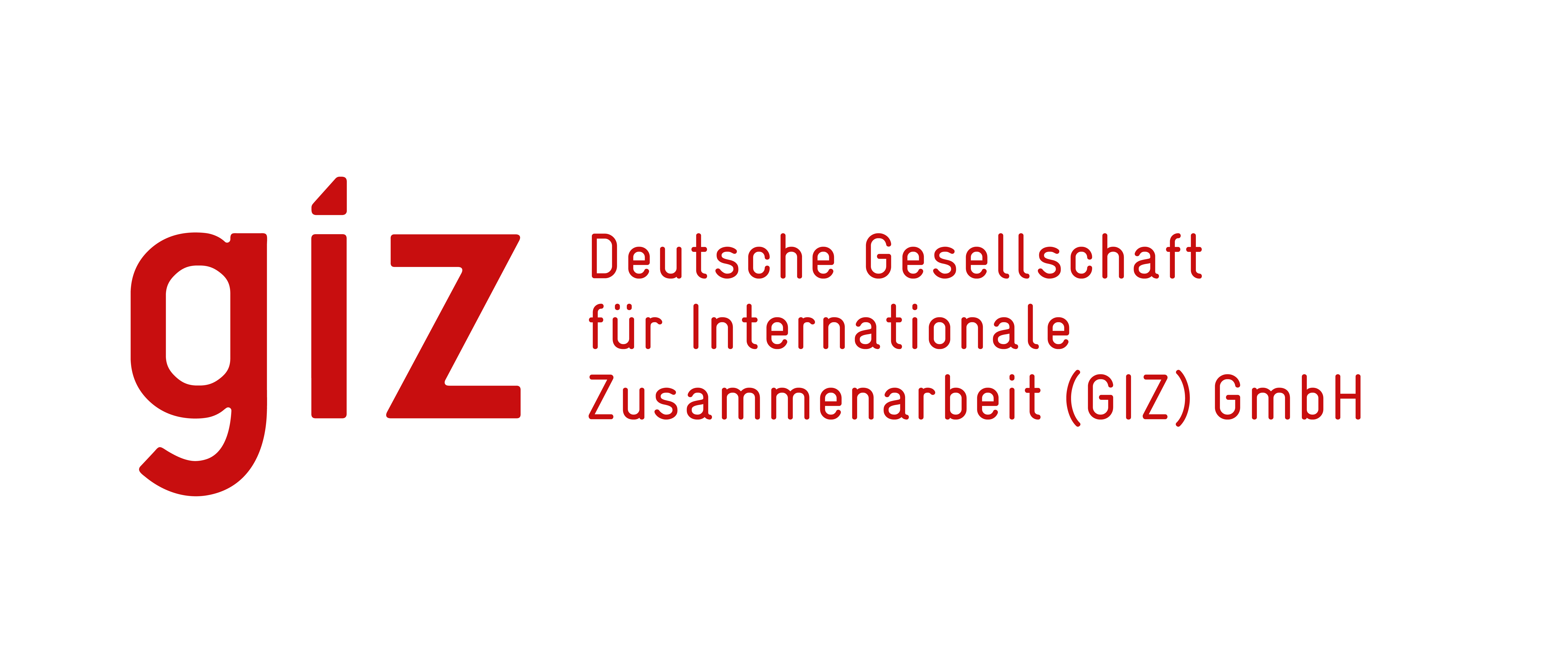
The ground-breaking conditional cash transfer programme shows long-term benefits to education, income, geographic mobility and family formation
Read “Education, impact, and mobility: Experimental impacts of childhood exposure to PROGRESA after 20 years” by María Caridad Aruajo and Karen Macours here.
In 1997, Mexico introduced the Progresa programme, a conditional cash transfer with specific investments in children’s nutrition, health, and education. Early impact evaluations showed strong evidence of its benefits. However, investments in human capital, even when effective in the short run, might not translate into long-term impact.
In this VoxDevTalk, Karen Macours discusses the results of a 20-year follow-up with some of the first beneficiaries of Progresa: a group who received the programme (primarily nutrition and healthcare benefits) in the first 1,000 days of their life; and an older group who were transitioning from primary to secondary school and received cash transfers to support their school expenses.
For the younger cohort, the study finds that they have higher levels of education than non-recipient peers on average, and correspondingly higher expected levels of labour income. The older cohort similarly show higher educational attainment and approximately 18% higher income on average. They also started families later than their peers, delaying family formation and childbirth by six months each on average.
This is one of the first large-scale studies to provide empirical evidence of lifetime gains from early childhood nutrition and health investments. It also highlights that economic gains to education can be driven by mobility. Among the older cohort, many are doing similar jobs as their peers; however, they have moved to places where these jobs pay better, including to the US (where exchange rates contribute to significantly higher earnings).




